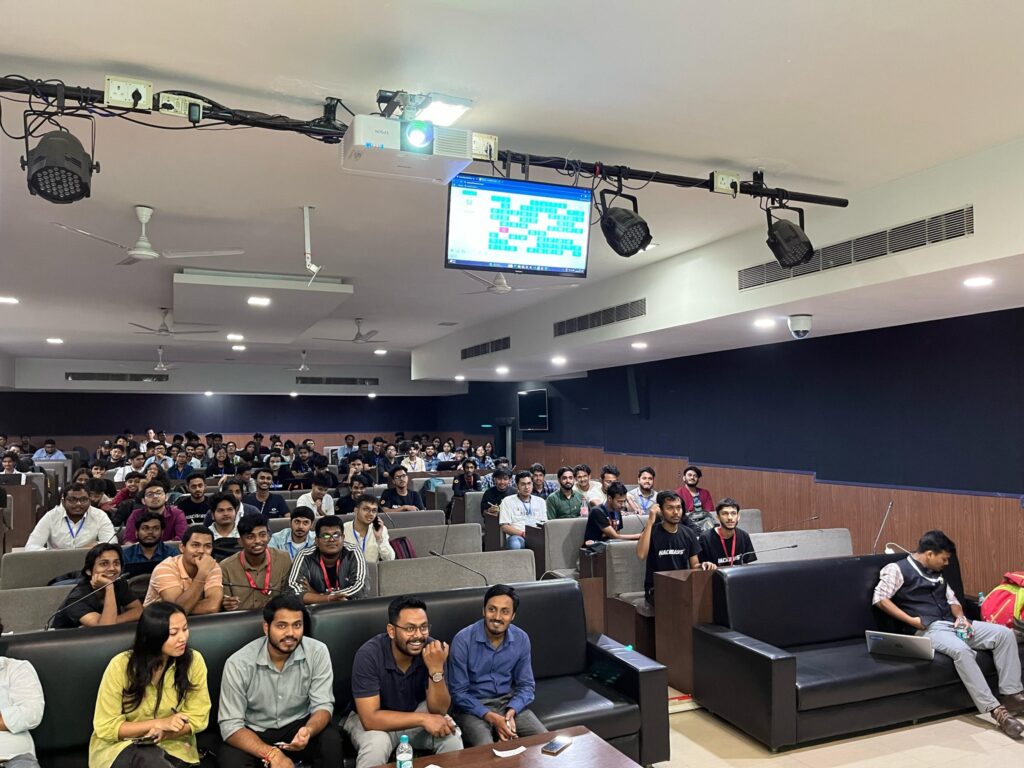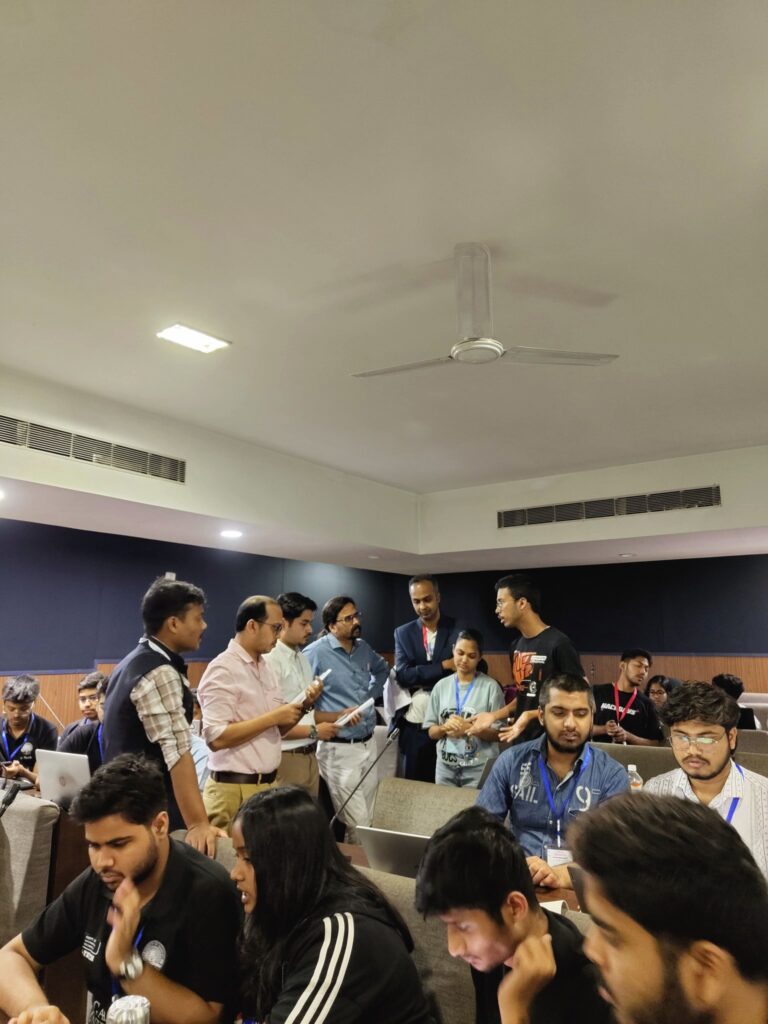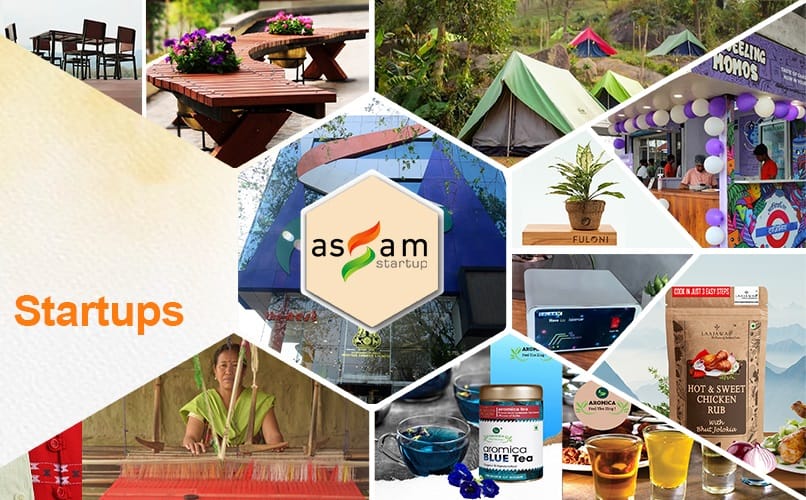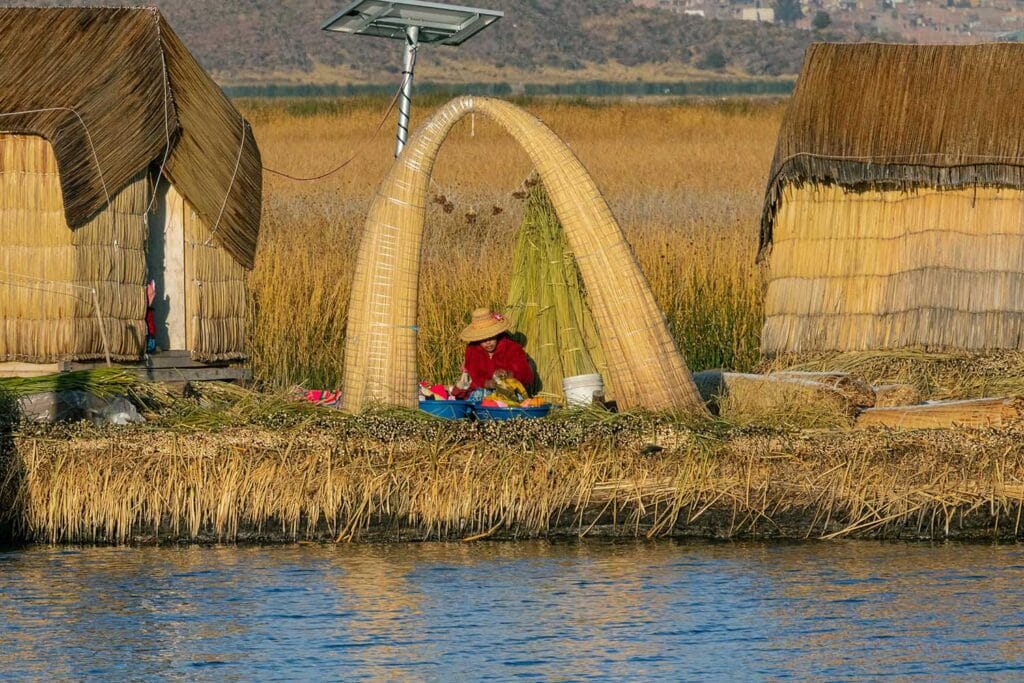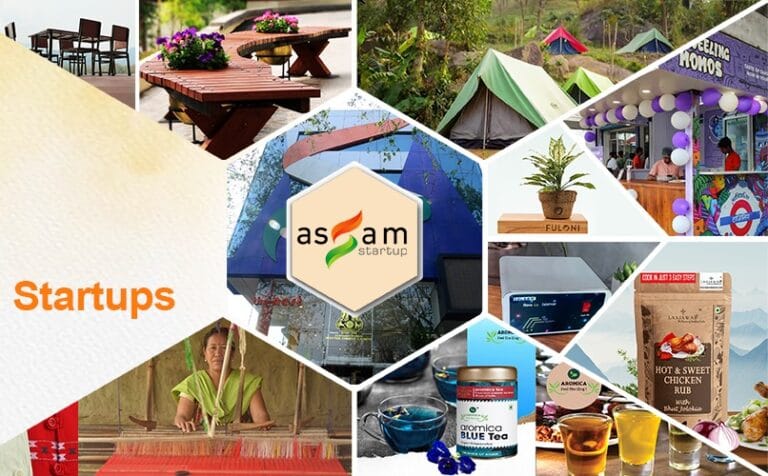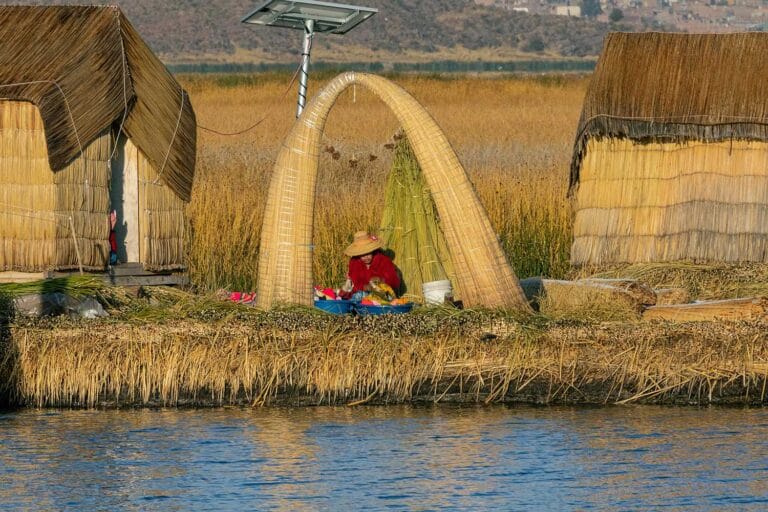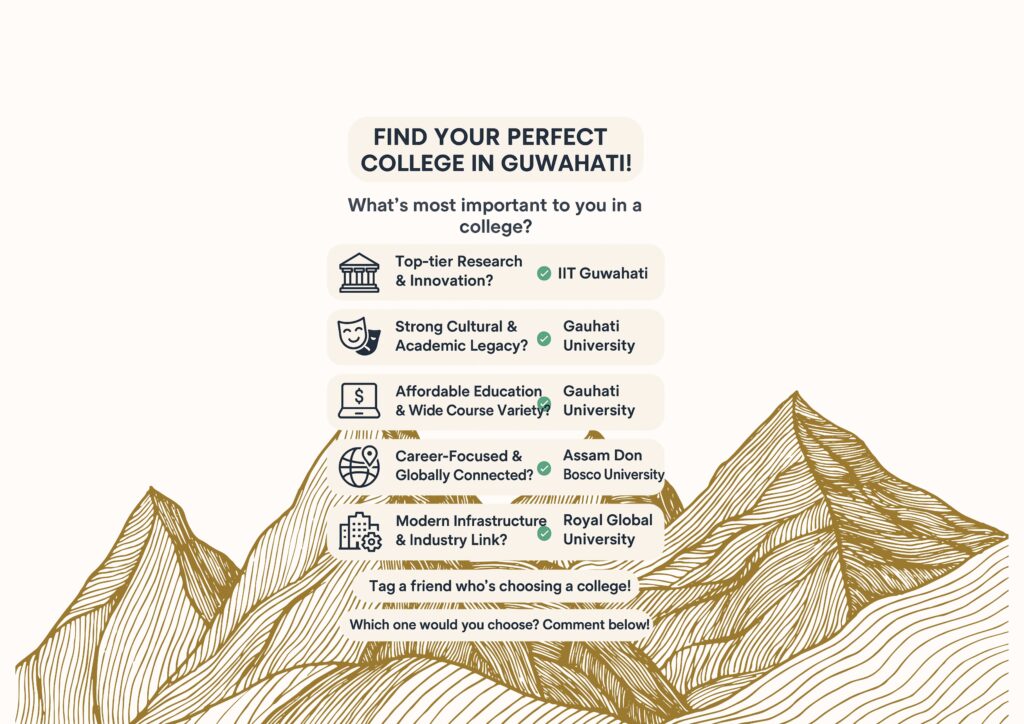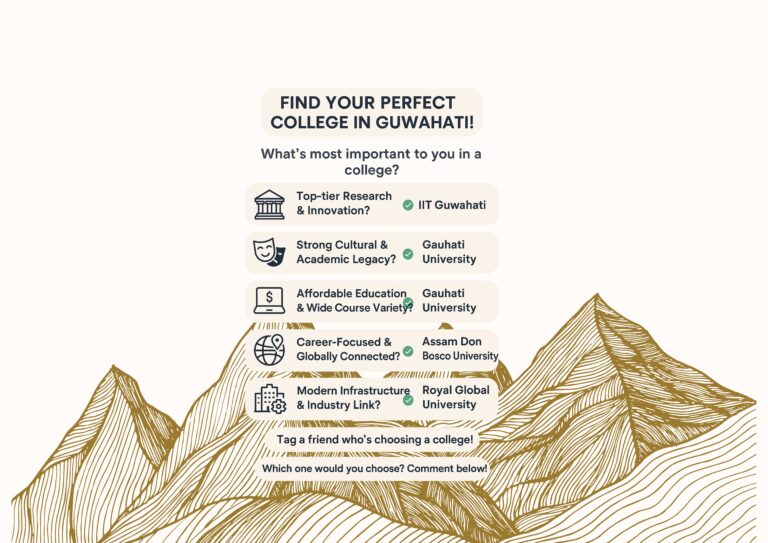Guwahati, March 21, 2025 – The Department of Information Technology, Gauhati University proudly hosted the third edition of its flagship annual TechFest and Hackathon – HackDays 3.0 on 21st March, 2025, bringing together young innovators, developers, and industry experts for two days of intense collaboration, coding, and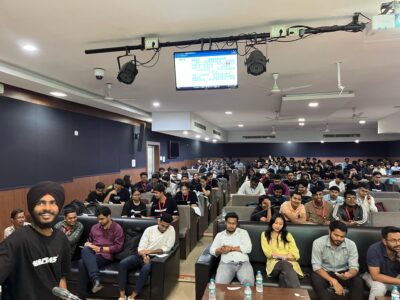 creativity. The event saw active support from leading organizations, including OIL INDIA, INDIAN OIL, Decathlon, and regional Software Development company Ujudebug, which came on board as a sponsor and technology partner. The presence of such industry leaders provided participants with a deeper understanding of practical applications and career pathways in tech. Ujudebug also set up interactive standees at the Computer Science Department, offering insights into their services and internship programs tailored for aspiring tech professionals. Participants came from various reputed institutions across Assam, making HackDays 3.0 a truly state-wide tech convergence. Colleges included Gauhati University, Assam Engineering College, Jorhat Engineering College, Royal Global University, Girijananda Choudhury University, Kaziranga University, Assam University, Cotton University, among many others.
creativity. The event saw active support from leading organizations, including OIL INDIA, INDIAN OIL, Decathlon, and regional Software Development company Ujudebug, which came on board as a sponsor and technology partner. The presence of such industry leaders provided participants with a deeper understanding of practical applications and career pathways in tech. Ujudebug also set up interactive standees at the Computer Science Department, offering insights into their services and internship programs tailored for aspiring tech professionals. Participants came from various reputed institutions across Assam, making HackDays 3.0 a truly state-wide tech convergence. Colleges included Gauhati University, Assam Engineering College, Jorhat Engineering College, Royal Global University, Girijananda Choudhury University, Kaziranga University, Assam University, Cotton University, among many others.
On the final day, to evaluate the brilliant ideas and prototypes developed during the hackathon, the department invited Mr. Spandan Keot, CEO of Ujudebug, and Mr. Udit Choudhury, Senior Developer at Ujudebug, as part of the expert judging panel. Both played an instrumental role not just in evaluating the projects, but also in mentoring participants throughout the event. Their technical expertise and industry perspective helped in selecting the most innovative and impactful teams among the many impressive entries.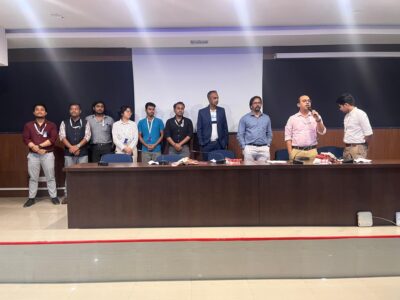
“HackDays 3.0 is not just a competition — it’s a platform for ideation, collaboration, and exposure to the evolving tech landscape,” said a faculty coordinator from the Department of IT. “We’re grateful for the support of organizations like Ujudebug, who are actively contributing to the learning journey of our students.” Mr. Spandan Keot brought in a hands-on, detail-oriented approach during the evaluation process. With his strong background in full-stack development and real-world project deployment, he critically analyzed each submission based on key parameters like technical feasibility, scalability, code quality, user interface design, and innovation quotient. He also engaged with participants during the presentation rounds, offering constructive feedback on how to improve their architecture, optimize performance, and enhance user experience.
“What impressed me the most was the clarity of thought and the effort behind some of these projects,” said Mr. Choudhury. “Many students not only identified real-world problems but also came up with practical solutions that could be deployed with minimal refinement. It’s encouraging to see this level of maturity and creativity from undergraduates.”
During the closing ceremony, Mr. Spandan Keot addressed the participants with an encouraging and forward-looking message: “The ideas I’ve seen here today are not just impressive—they’re full of potential. It’s inspiring to see such enthusiasm from young minds, and I believe the future of tech in the Northeast is in good hands.” He also took the opportunity to announce that Ujudebug offers internship opportunities in Guwahati for students pursuing BTech, BE, BSc IT, BCA, MCA, Computer Science Engineering, and related fields. These internships are designed to provide hands-on exposure to real projects in areas such as web development, app development, software engineering, UI/UX design, and digital marketing.
“We at Ujudebug believe in nurturing local talent and creating pathways for young professionals to grow within the region itself. Our internships are more than just training — they’re a launchpad for future careers,” Mr. Keot added.
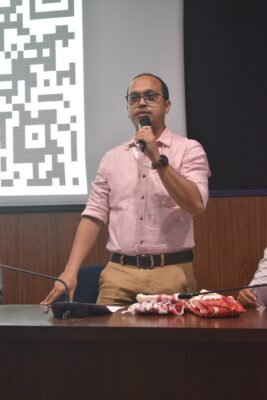
The event featured a wide array of projects across emerging technology domains:
🔹 Artificial Intelligence & Machine Learning: One standout project involved an AI-powered health assistant that could provide preliminary medical advice based on symptom input, developed using natural language processing and a trained ML model. Another team worked on a machine learning-based crop recommendation system aimed at supporting sustainable agriculture for local farmers.
🔹 Web & App Development: Several teams built progressive web applications and mobile-first solutions, including a student peer-to-peer book exchange platform, a real-time bus tracking system for campus commute, and a digital inventory system for small businesses. These projects showcased not only technical skill but a deep understanding of user needs and local context.
🔹 Cybersecurity & Blockchain: A few teams ventured into the fields of secure communication platforms and blockchain-based certificate verification systems, indicating the growing awareness and interest in privacy and data security among young developers.
The variety and quality of submissions reflected a strong foundation in both academic knowledge and practical tech skills, further validated by the guidance and feedback from industry professionals like those from Ujudebug. The Department of IT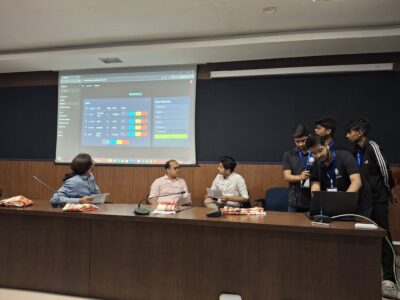 expressed its appreciation for the support received from all sponsors and mentors, emphasizing how such partnerships help bridge the gap between academia and the real-world tech industry. After an intensive evaluation process, the top 20 projects were shortlisted by the initial screening committee. From these, the final judging panel—including industry experts like Mr. Spandan Keot and Mr. Udit Choudhury—carefully selected the top 3 winning teams. These top positions were secured by participants from Assam Engineering College, Girijananda Choudhury University, and Jorhat Engineering College, based on their innovation, execution, and real-world impact potential.
expressed its appreciation for the support received from all sponsors and mentors, emphasizing how such partnerships help bridge the gap between academia and the real-world tech industry. After an intensive evaluation process, the top 20 projects were shortlisted by the initial screening committee. From these, the final judging panel—including industry experts like Mr. Spandan Keot and Mr. Udit Choudhury—carefully selected the top 3 winning teams. These top positions were secured by participants from Assam Engineering College, Girijananda Choudhury University, and Jorhat Engineering College, based on their innovation, execution, and real-world impact potential.